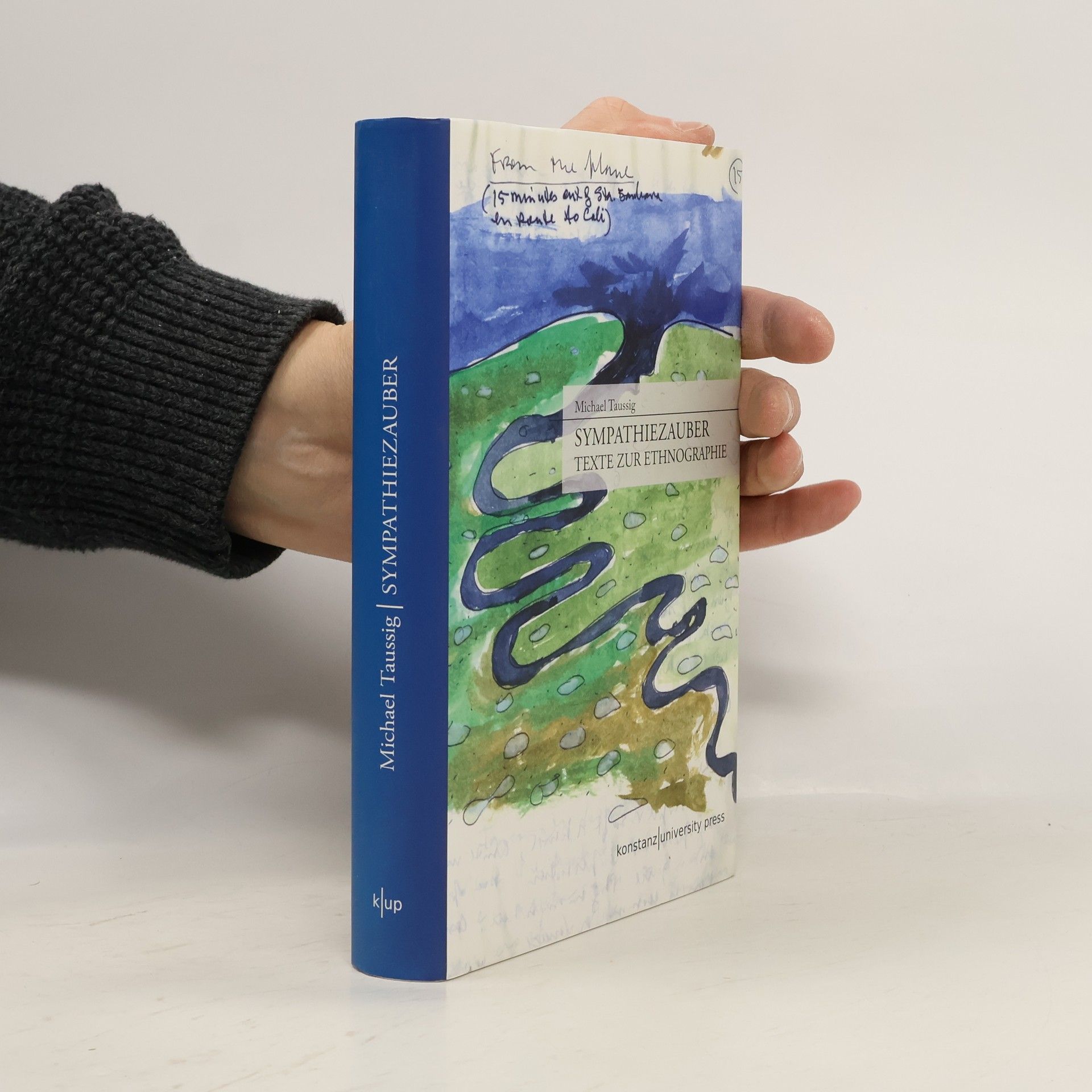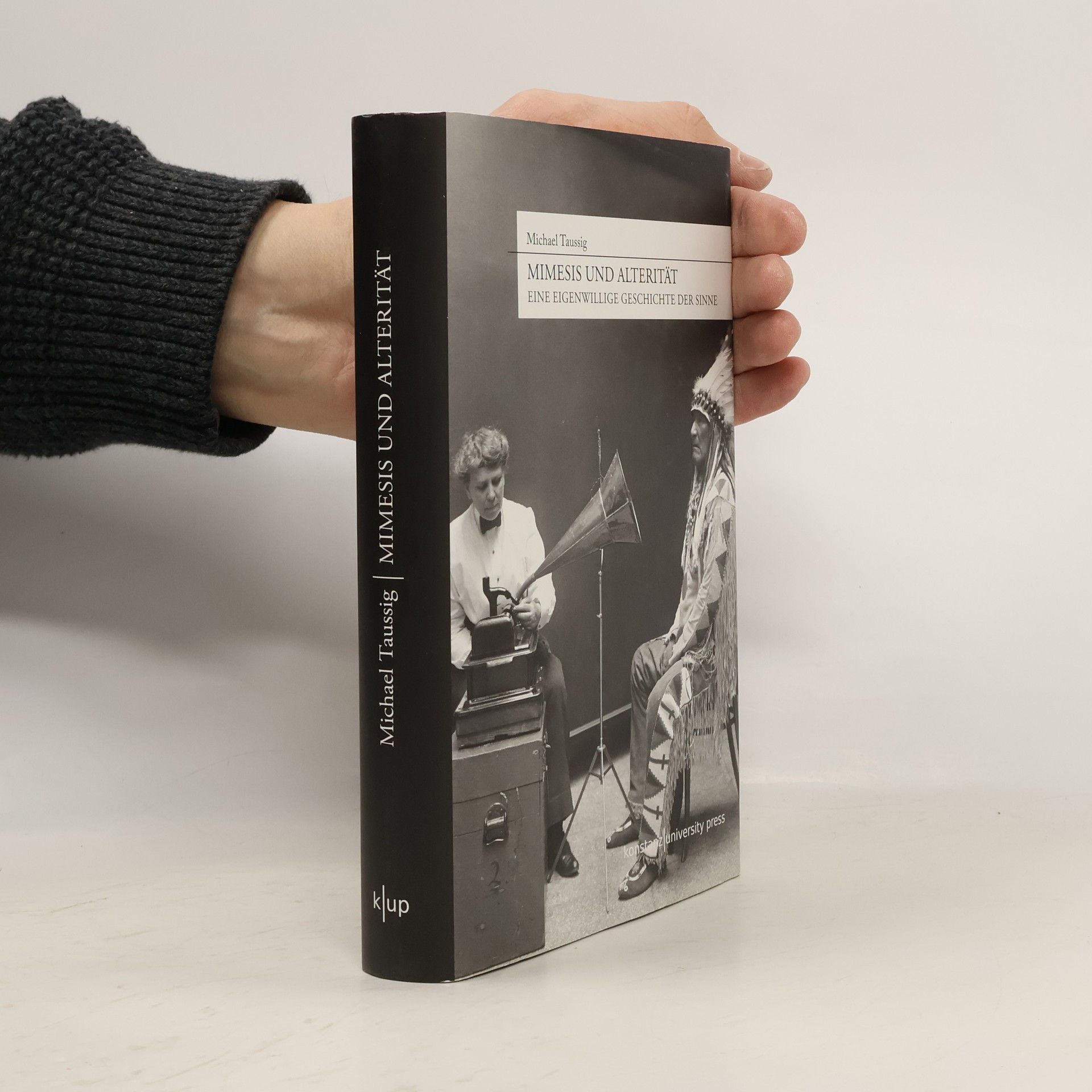Postcards for Mia
- 144 pages
- 6 hours of reading
A picture book to be shared and savored by both children and adults: a journey into a wondrous world colored by the stories we might choose to tell about it. A full moon after a wasp attack, poppies from a train, panning for gold in the River Cesecito, a bountiful pumpkin harvest . . . . Postcards for Mia is a joyful collection of hand-drawn and -painted postcards sent by anthropologist Michael Taussig to his granddaughter, Mia. From airports in New York to cemeteries in Colombia, confrontations with wild boars to conversations with well-dressed koalas, Postcards for Mia is a picture book to be shared and savored by both children and adults, a journey into a wondrous world colored by the stories we might choose to tell about it. Anthropologist Michael Taussig is renowned for his visionary explorations of color, magic, and myth, founded upon over forty years’ experience with communities in Colombia and Venezuela as well as research visits to Palestine, Kurdish Syria, Kabul, Alice Springs, Sydney, Venice, and Paris. This, his first fully illustrated picture book, provides a remarkably personal insight into Taussig’s unique way of seeing and responding to the world. Drawing observation and reverie into vibrant and humorous acts of vivid storytelling, this delightful scrapbook documents the warmth and excitement of an inter-generational exchange, inspired by the simple pleasure of recounting the excitement of one’s travels.





